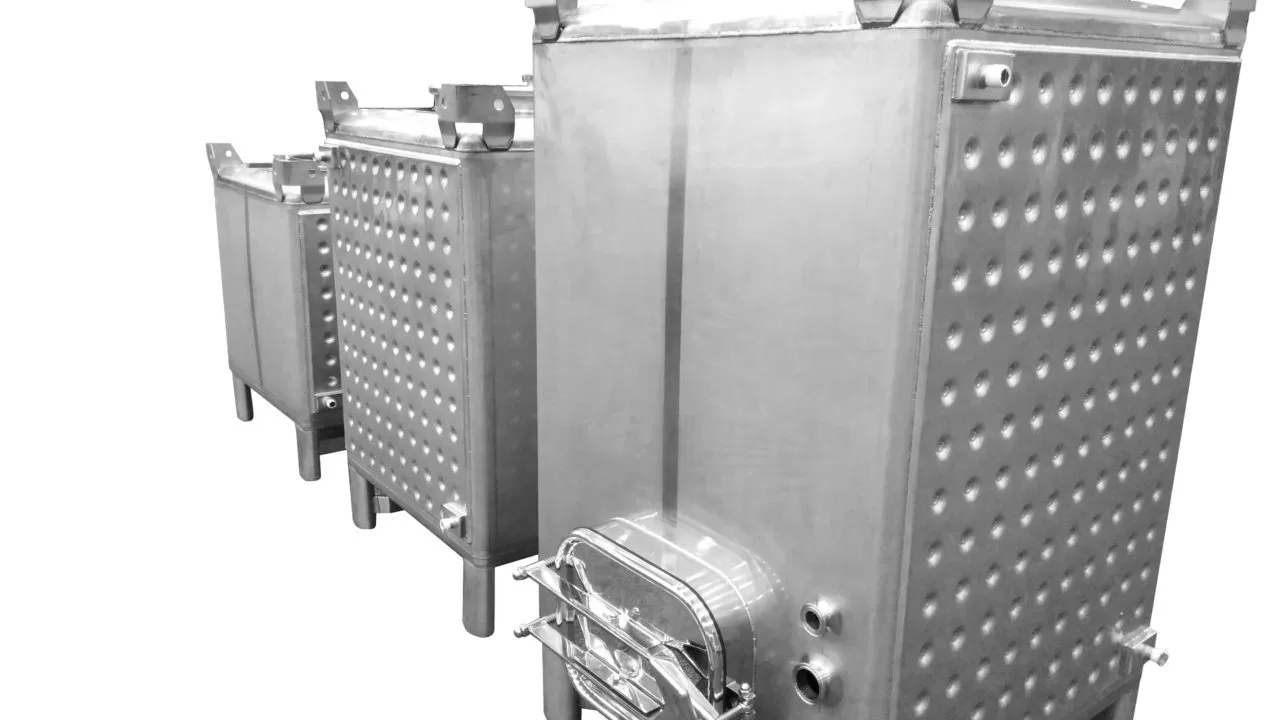Choosing the Right IBC Tank: A Buyer’s Guide
Posted on January 13, 2024 by digitguider

Intermediate Bulk Containers (IBCs) have become essential in various industries for storing and transporting liquids, chemicals, and other materials. Selecting the right IBC tank is a crucial decision that can impact efficiency, safety, and overall operational success. In this comprehensive buyer’s guide, we’ll explore key considerations to help you make an informed choice and navigate the diverse offerings from reputable IBC tank manufacturers in the USA.
-
Material Matters:
The first and foremost consideration in choosing an IBC tank is the material. IBC tanks are commonly made from materials like high-density polyethylene (HDPE), stainless steel, and composite materials. Each material has its unique properties, making it suitable for specific applications. HDPE tanks are lightweight, corrosion-resistant, and cost-effective, while stainless steel tanks are known for their durability and suitability for a wide range of chemicals. Composite tanks often offer a balance between strength and cost.
-
Capacity Requirements:
IBCs come in various capacities, ranging from 150 to 550 gallons or more. The right capacity depends on your specific needs and the volume of material you intend to store or transport. Consider factors such as available space, transportation constraints, and the frequency of material handling. Smaller capacities, like 275 or 330 gallons, are often preferred for their versatility in different applications.
-
Intended Use and Compatibility:
Clearly define the purpose of the IBC tank and the type of material it will contain. Different materials have varying compatibility requirements, and choosing the wrong material can lead to contamination, degradation, or safety hazards. Consult with the tank manufacturer to ensure that the chosen material is suitable for the intended use, whether it’s for chemicals, food-grade liquids, pharmaceuticals, or other specific applications.
-
UN/DOT Certification:
If your IBC tank will be used for transporting hazardous materials, it’s essential to check for UN/DOT certification. Tanks that meet these standards have undergone rigorous testing and are approved for the safe transport of hazardous substances. Certification labels indicate the types of materials the tank can carry and provide assurance of compliance with regulatory standards.
-
Valves and Fittings:
Consider the design and functionality of valves and fittings on the IBC tank. The type and quality of valves can impact the ease of material handling, filling, and dispensing. Look for features like ball valves, butterfly valves, or specialized discharge valves, depending on your requirements. Ensure that fittings are compatible with your existing equipment and that they meet industry standards.
-
Durability and Longevity:
Investing in a durable and long-lasting IBC tank ensures a good return on investment. Stainless steel tanks, for example, are known for their robust construction and resistance to corrosion, making them suitable for long-term use. Evaluate the lifespan of the tank and consider factors such as exposure to harsh environmental conditions, UV resistance, and the impact of the material being stored.
-
Reputation of the Manufacturer:
The reputation and credibility of the IBC tank manufacturer play a pivotal role in the decision-making process. Choose manufacturers with a proven track record of producing high-quality, reliable tanks. Research customer reviews, certifications, and industry affiliations to gauge the manufacturer’s commitment to quality and customer satisfaction.
-
Compliance with Local Regulations:
Different regions and industries may have specific regulations governing the use of IBC tanks. Ensure that the chosen tank complies with local, state, and federal regulations. Manufacturers familiar with regional standards can provide guidance on meeting compliance requirements.
At Cedarstone Industry LLC, Your Needs Drive Our Innovation
At Cedarstone Industry, customer satisfaction isn’t just a goal; it’s our guiding principle. As a leading manufacturer of extraction equipment, brewery tanks, and stainless food processing equipment, we prioritize your business’s unique requirements. Our commitment to excellence is reflected in our competitive prices for stainless steel tanks and fittings, coupled with extensive customization options. We recognize that one size does not fit all in stainless steel brewing, mixing, or storage equipment. Whether you’re deciding between single-wall and jacketed tanks or need customizable capacities, we’ve got you covered. For any inquiries about our stainless brewing equipment specifications, contact us—we’re here to tailor solutions to your exact needs.
